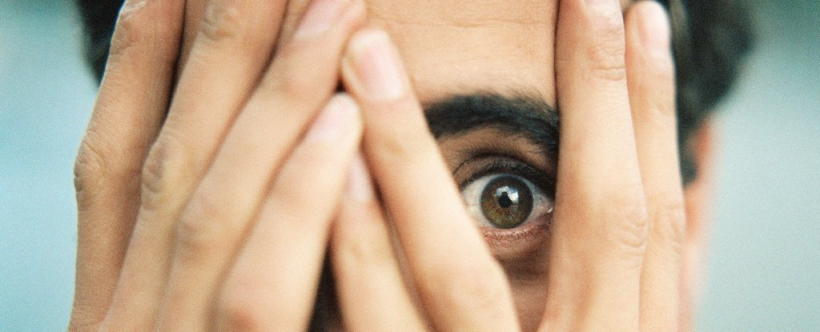Misokinesia, commonly known as "hate of motions," is a psychological syndrome defined by a significant unpleasant emotional or affective reaction to the appearance of someone else's minor and repeated motions, such as seeing people fidget with their hands or feet. As indicated by online support groups, there is a rising grassroots acknowledgment of the issues that misokinesia sensitivity brings among people who consistently experience it.
Scientists have found the neural circuitry that causes this odd illness. Misophonia is a term that defines the illogical feelings that arise in a portion of individuals before they hear certain recurrent noises made by surrounding individuals. The creaking of a typewriter, the flapping of a chip packet, or the slapping of lips might irritate or even anger people with this disease.
Misokinesia Visual Triggers
Misokinesia is identical although the triggers are often more visual than auditory, according to scientists. It is characterized as a strong negative affective or emotional response to observing someone else's little and repeated movements, such as seeing someone mindlessly fidgeting with a hand or foot, as detailed in the report by a team of researchers led by the first researcher and psychologist Sumeet Jaswal, subsequently at the University of British Columbia (UBC) in Canada.
Surprisingly, scientific study on the subject is limited. Jawal and colleagues undertook the first comprehensive scientific analysis of misokinesia to increase our knowledge, and the results show the heightened sensitivity towards fidgeting affects a huge number of people, as per the published study on Scientific Reports.
The researchers examined the incidence of misokinesia in a sample of university students among persons from the general public in a series of tests comprising over 4,100 participants, measuring the effects on them and investigating why the symptoms could arise. As stated by the researchers, they discovered that around one-third self-reported a considerable degree of misokinesia responsiveness to the repeated, restless behaviors of others as faced in their daily lives.
Such findings support the hypothesis that misokinesia susceptibility is not a clinical phenomenon, but rather a fundamental and hitherto unrecognized social difficulty shared by many people in the general community. Misokinesia is occasionally associated with misophonia's auditory sensitivity but not always.

A pioneering study on misokinesia or the hatred of movements reveals an effect on patients with misophonia.
Sensitivity That Differs Depend on the Person
People appear to be impacted differently by the phenomena, with some expressing relatively little sensitivity to fidgeting cues and others reporting severe sensitivity. They are emotionally influenced; and they suffer anxiety, irritation, and decreased enjoyment in social engagements, work, and learning environments, according to UBC psychologist Todd Handy dated 2021 reported by the US Today.
Handy became interested in misokinesia when a girlfriend informed him he was a fidgeter and that she felt stressed once he fidgeted (or anybody else for that matter). Early trials yielded conflicting findings, with no compelling evidence that reactive visual attentional processes contribute significantly to misokinesia sensitivity.
Even though we're only at the beginning of examining where misokinesia may arise on a cognitive level, the scientists do have some speculative avenues they wish to investigate in future research. By extension, misokinesia-prone persons may be unintentionally commiserating with the psychology of fidgeters but certainly not in a nice manner. Only more research into misokinesia will indeed be able to tell for sure. But one thing is clear: the data show that this strange event is far more common than what was previously thought it was.
RELATED ARTICLE: Misophonia: Scientists Reveal Why Certain Sounds Annoy People
Check out more news and information on Psychology in Science Times.














